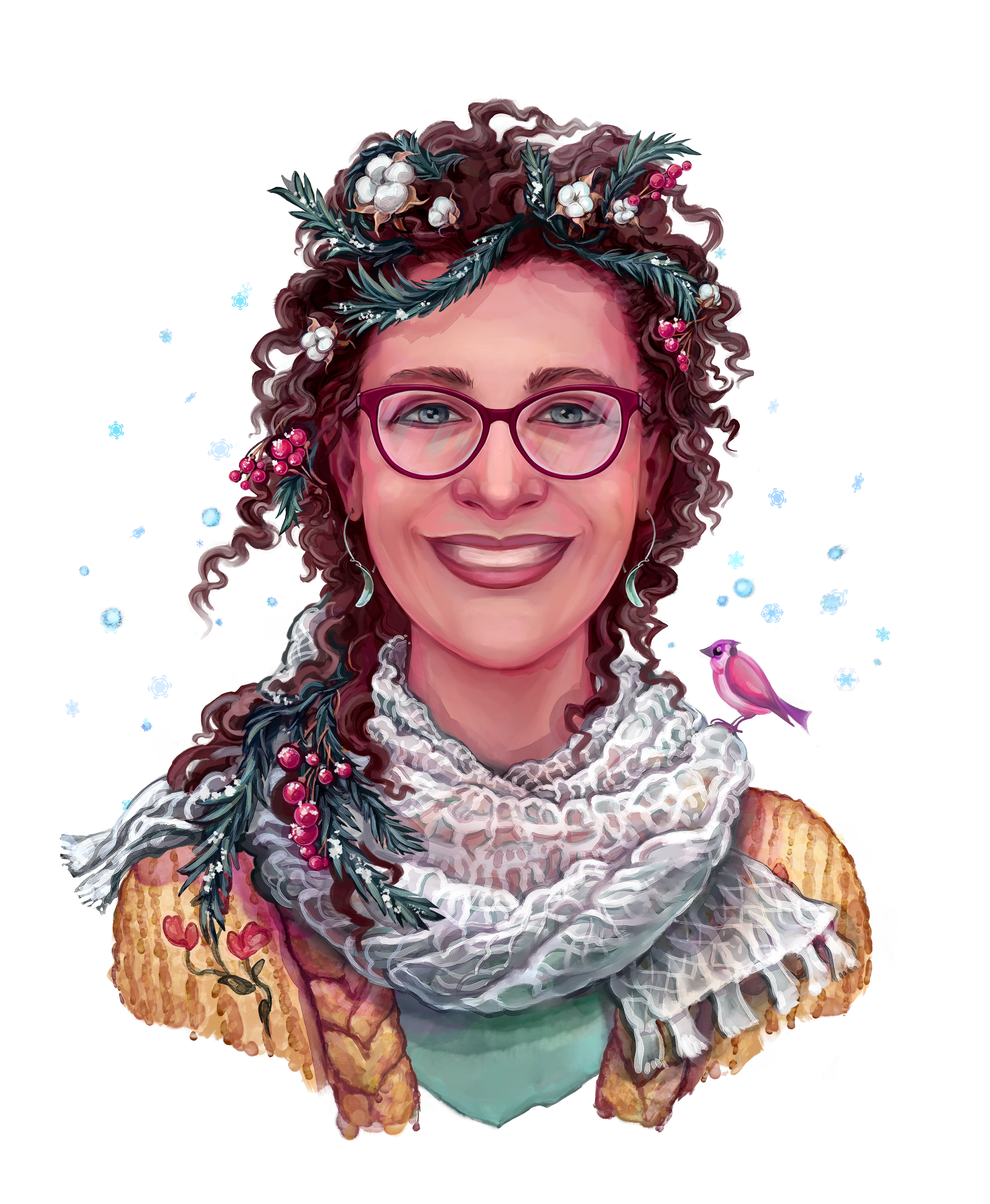Key Takeways
When I first began watching Andor, I didn’t expect to see myself mirrored in a science fiction series. But there it was: the grief of fractured relationships, the loneliness of exile, the ache of being “too much” for some spaces and not enough for others.
Cassian’s journey from survivor to reluctant revolutionary wasn’t just compelling—it was familiar. I recognized the slow erosion of trust, the cost of nuance in polarized spaces, the grief of choosing principle over proximity. And I recognized the deep, quiet resilience it takes to return.
In therapy sessions with organizers, caregivers, and people navigating political trauma, I’ve witnessed this too: a longing not just for safety, but for meaning. For presence. For relationship that doesn’t collapse under pressure.
Rupture, Return, and the Work of Repair
One of the things Andor does so well is show us that revolutions don’t begin with unity. They begin with rupture—personal, ideological, structural. What shifts Cassian’s story from mere survival into meaningful resistance isn’t ideology. It’s relationship.
Characters clash. They betray each other. They carry loss and make mistakes. But they return. Not because they’re certain, but because something inside them still believes in the possibility of a better world—and in each other.
This is what I believe real movements are made of: not perfect politics, but courageous returns. Not purity, but repair.
Healing Through Story and Nervous System Truths
There’s a reason this show hit so many of us in the gut. For those shaped by organizing, mutual aid, advocacy, or resistance work, Andor doesn’t offer inspiration—it offers recognition.
It reminds us that trauma is not evenly distributed in our communities. That mistrust and fracture are part of the terrain. That moral clarity doesn’t shield us from grief.
But it also reminds us that storytelling is a tool for survival. A way for the nervous system to make meaning. A way to remember who we are, what we’ve risked, and why we continue.
When You’ve Left, But Haven’t Left the Fight
The revolution isn’t about fighting harder—it’s about coming into relationship. With our bodies. With each other. With the world as it is.
For me, that means less fleeing, less performing, and more listening. It means noticing what my nervous system is trying to tell me, attuning to the unspoken shifts in a room, and learning to act from a place where heart, soul, and body are joined.
Leaving the U.S. didn’t mean leaving the struggle. It meant waking up in a new way—to what’s real, to what’s mine to carry, and to how I want to show up now.
If you’re in that space too—tired, unraveling, but not willing to shut down—know that this, too, is part of the work. A quieter kind of resistance. A beginning, still.
You can read the full essay in The Advocate here.
If you’re navigating political grief, exile, or the long ache of disillusionment, we’re here to hold space with you.
Book a session or return to our blog for more reflections.



